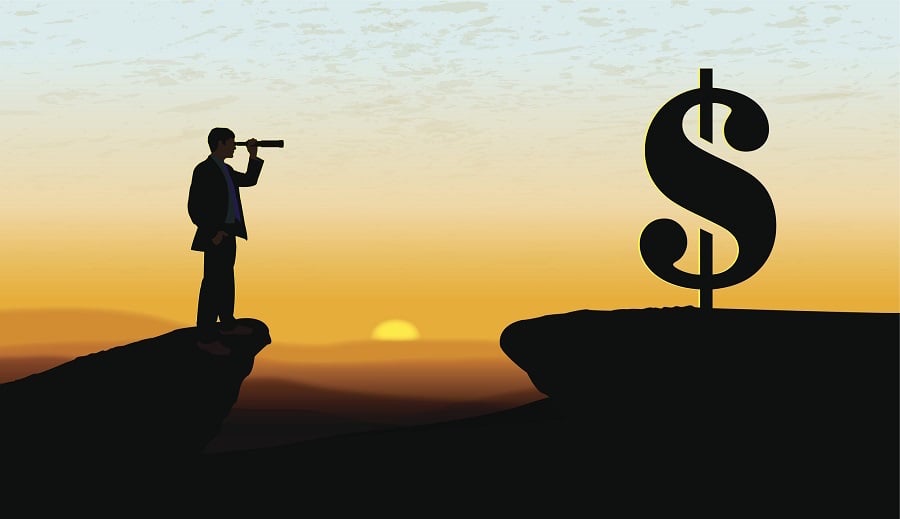Even though a recent study of business economists shows that more than
three-quarters expect the U.S. economy to be in recession by the end of 2021, financial professionals are not nearly in sync on
the idea of an economic slowdown.
"While the most hated bull market is on track to celebrate its record-breaking 10th birthday in March of this year, there's no indication that the current business cycle will run out of steam any time soon," said Jon Ulin, managing principal at Ulin & Co. Wealth Management.
For Mr. Ulin, the strength and potential of the current economy needs to be measured against the backdrop of what was "the slowest economic recovery on record going back to 1949 resulting in one of the longest business cycles of the last 200 years."
"Unlike the market heydays of the '80s and '90s, today's economy is supported by more normalized growth along with low interest rates, inflation and unemployment numbers," he added.
Regarding the 20% market drop at the end of last year, that had some investors fearing a punishing bear market, Mr. Ulin said, "We remind our clients and investors that it is possible to have bear market indicators flying around without actually being in a recession."
Robert Stoll, president of Honey Lake Advisors, also does not believe a recession is imminent based on two basic measures: a
less hawkish Federal Reserve and "pent-up demand left over from the Great Recession."
"The Federal Reserve has backed off its rate hike cycle, and the yield curve has always been a good indicator to look at," he said. "If the Fed had continued to hike rates, the chances of the yield curve inverting would've been good. As of now it's flat, which I think buys the economy a little time."
Regarding the pent-up demand, Mr. Stoll said, "Many companies held off on much-needed capital spending during the Great Recession and for many years after the recession ended. Equipment needs to be replenished. Housing starts have also lagged and aren't yet back to pre-recession levels."
Meanwhile, Steve Skancke, chief economic adviser at the wealth management firm Keel Point, can see both sides of the recession argument.
He sees an outlook for strong corporate earnings, continued upside surprises in job growth, less aggressive talks about tariffs involving the U.S., China and Europe, and positive signs of growth from the emerging markets.
On the flip side, however, Mr. Skancke sees some signs of weakness in the form of flat retail sales figures, declining consumer confidence, slowing global economic growth, and "rising governance uncertainty," which he said puts more spending decisions on hold.
Leon LaBrecque, chief growth officer at Sequoia Financial Group, agrees that the U.S. economy is in a "late cycle" period, and he believes we should worry less about when, and more about how to prepare for a recession.
"To that end, we're talking to clients and partners about the opportunities in a recession," he said. "The opportunities include dominating competition, getting great hires, and finding new opportunities. We don't like recessions per se, but we love an opportunity."
Among advisers, the opinion of Scott Colyer, CEO and chief investment officer at Advisors Asset Management, probably reflects most that of the majority in the aforementioned
survey by the National Association for Business Economics.
"The U.S. is definitely headed for a recession, just not in the near future," he said. "Recessions are a fact of life and generally occur at the end of a business cycle. The timing and forecasting of recessions is very difficult."
What Mr. Colyer will be watching for as clearer indicators of a U.S. recession are an inverted yield curve, a spike in unemployment claims, corporate credit stress, reduced liquidity, and a spike in junk-bond spreads.
"Although we expect a recession at the end of this business expansion, we do not see one in the next 12 to 24 months," he said. "This is not to say one could not happen but the normal indicators that we look for still signal growth in GDP for the U.S. over the next year or two."







